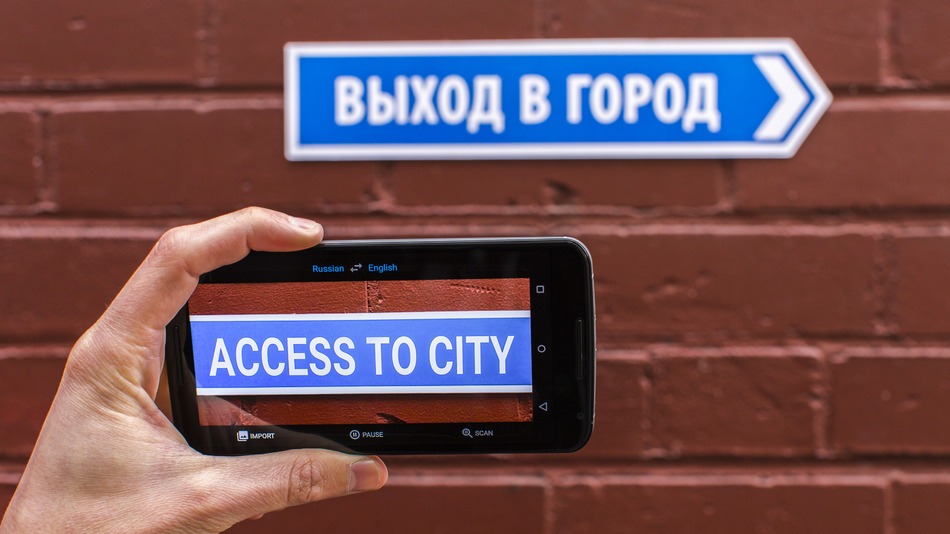Google Translate is an incredibly powerful tool that has transformed the way people communicate and access information across the globe. With its powerful translation capabilities, Google Translate has bridged the language barrier and made it possible for people to communicate with each other without the need for a common language. However, Google Translate has recently added a new feature called World Lens (an augmented reality translation application originally developed by a company named Quest Visual) that takes translation to a whole new level.
Bridging the Language Barrier with Google Translate with World Lens
World Lens is a feature within the Google Translate app that allows users to translate text in real time using their smartphone camera. The app uses augmented reality to overlay the translation onto the text in the real world, making it possible for users to understand and read text, signs, menus, and other written material in a number of foreign languages.
The Significance of Google Translate with World Lens for Travelers
The significance of World Lens cannot be overstated. It has the potential to revolutionise the way people travel, communicate, and access information anywhere in the world. With World Lens, travellers can navigate foreign cities with ease and understand the local language without the need for a tour guide or language classes. They can simply point their smartphone camera at signs or menus and instantly understand what they mean. This feature can be incredibly useful in countries where the traveller’s language is not widely spoken, and signs and menus are in the local language.

The Benefits of Google Translate with World Lens for Businesses
World Lens can also be incredibly useful for businesses operating in foreign countries. It can help them communicate with local customers, understand local laws and regulations, and gain a better understanding of the local culture. For example, a restaurant operating in a foreign country can use World Lens to translate its menu and make it more accessible to local customers. I always struggle when local restaurants don’t have English menus but now I can just point my mobile phone camera at the menu and Voilà I am ready to order.
Bringing People and Cultures Closer Together with Google Translate with World Lens
In addition to its practical applications, World Lens has the potential to bring people and cultures closer together. It can help break down cultural barriers and foster understanding between people from different countries and backgrounds. By allowing people to communicate in their native language, World Lens can help to create a more inclusive and diverse world.
Limitations of World Lens and Translation Tools
Before we all get super excited, it is important to note that World Lens, like all translation tools, is not perfect. It can struggle with complex sentences, idioms, and slang, and may not always provide a perfect translation. But even then I sometimes struggle with local slang and idioms so it’s not reasonable to expect that a translation tool will know it all. It is important to keep this in mind and use World Lens as a tool to aid communication, rather than relying on it completely.
Conclusion: The Potential of Google Translate with World Lens
In conclusion, the significance of Google Translate with World Lens cannot be overstated. It has the potential to revolutionise the way we communicate, travels, and access information across the globe. It is an incredibly powerful tool that can help break down cultural barriers and bring people and cultures closer together. While it may not be perfect, World Lens is a step in the right direction towards creating a more inclusive and diverse world.

Leave a Reply